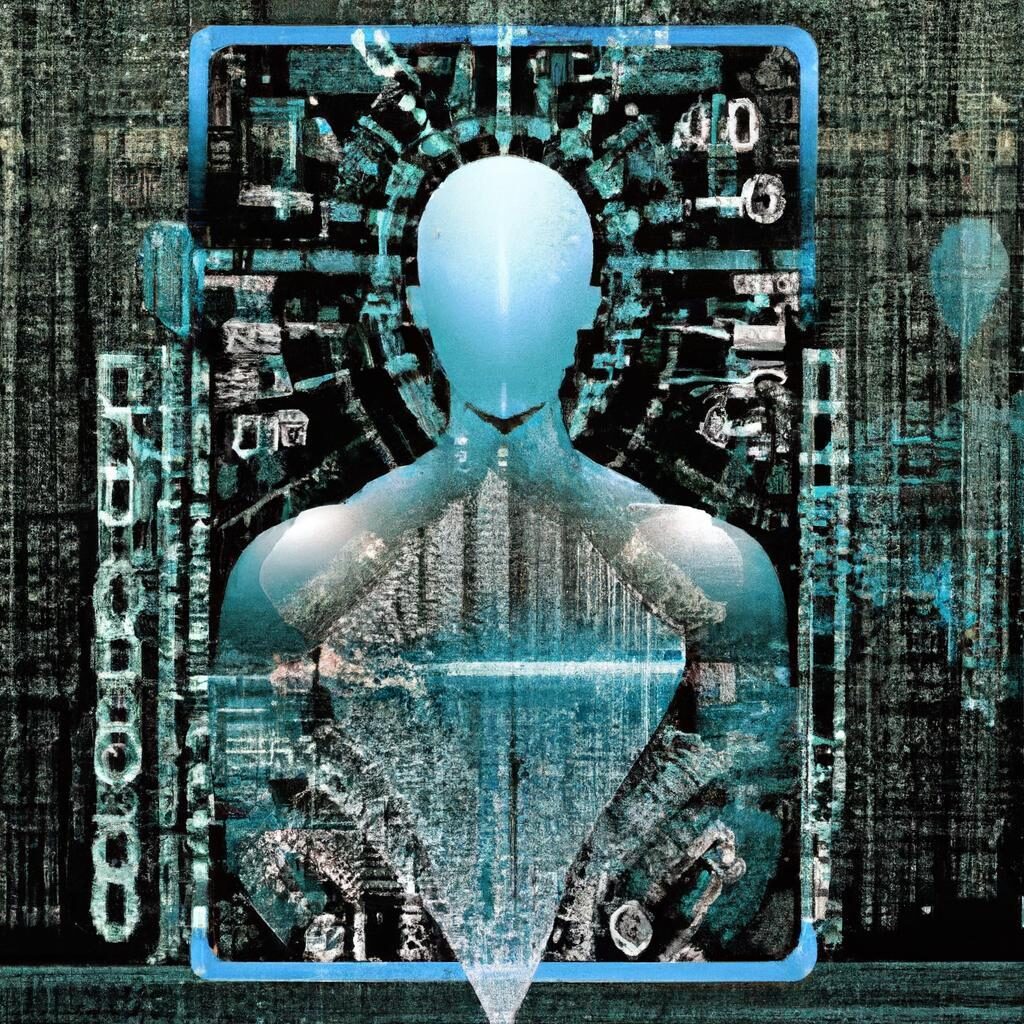As artificial intelligence (AI) continues to proliferate across various industries, its impact on employment has become a topic of increasing concern. Many fear that AI technology will lead to mass job losses, while others view it as a potential aid in the job search process. In this article, we will explore the implications of AI on the workforce and delve into whether it is a net positive or negative force in the job market.
Table of Contents
- AI Technology Revolutionizes Industries Across the Globe
- Concerns Over Job Displacement Amidst AI Advancements
- Strategies for Individuals to Thrive in AI-Driven Job Market
- Q&A
- In Retrospect
AI Technology Revolutionizes Industries Across the Globe
The integration of AI technology in various industries has undeniably revolutionized the way companies operate and provide services. While there are significant benefits to incorporating AI in businesses, such advancements also raise concerns about the impact on employment. As automation and machine learning continue to enhance efficiency and productivity, many fear the potential job losses that could result from AI implementation.
However, it is important to note that AI technology also presents opportunities for job seekers to explore new roles and industries. As certain tasks become automated, individuals can focus on developing skills that are in demand in the AI-driven economy. Companies are increasingly seeking professionals with expertise in data analysis, machine learning, and AI development, creating new job opportunities in these growing fields. By adapting to the changing landscape of the workforce, individuals can leverage AI technology to enhance their employability and find fulfilling career paths.
Furthermore, AI tools can serve as valuable aids in job search and career development. From resume optimization and job matching algorithms to personalized training recommendations, AI can streamline the job hunting process and provide valuable insights for professional growth. By harnessing the power of AI technology, job seekers can gain a competitive edge in the job market and navigate their career paths more effectively.
Concerns Over Job Displacement Amidst AI Advancements
With the rapid advancement of artificial intelligence (AI) technology, concerns over job displacement have become a prevalent topic of discussion. Many fear that AI will lead to mass unemployment as machines take over tasks traditionally performed by humans. However, some argue that AI could actually serve as a tool to aid individuals in their job search, creating new opportunities for employment.
One of the main worries surrounding AI’s impact on employment is the potential for automation to replace human workers in various industries. As AI continues to improve, jobs that involve repetitive tasks or data analysis could be at risk of being automated. This could lead to widespread job loss and economic upheaval, leaving many workers struggling to find new employment opportunities.
On the other hand, proponents of AI argue that technology could actually help individuals in their job search by providing new ways to connect with potential employers. AI-powered platforms can match job seekers with relevant job openings, analyze resumes to identify strong candidates, and even provide personalized career advice. By harnessing the power of AI, individuals may be able to navigate the changing job market more efficiently and effectively.
Strategies for Individuals to Thrive in AI-Driven Job Market
In today’s rapidly evolving job market, the integration of artificial intelligence presents a double-edged sword. While AI has the potential to streamline processes and increase efficiency, it also raises concerns about job displacement. However, with the right strategies, individuals can not only adapt to but also thrive in this AI-driven landscape.
One key strategy is continuous learning and upskilling. In a world where AI is constantly evolving, it is crucial for individuals to stay ahead of the curve by acquiring new skills and knowledge. By investing in education and training programs, individuals can enhance their value in the job market and remain competitive in the face of automation. Online courses, certifications, and workshops can be valuable tools for staying relevant in an AI-driven world.
Networking and building strong connections with professionals in the field can also be instrumental in navigating the AI-driven job market. By attending industry events, joining online communities, and engaging in discussions with thought leaders, individuals can gain insights into emerging trends and job opportunities. Building a strong professional network can open doors to new career prospects and help individuals stay informed about the latest developments in their industry.
Q&A
Q: What is the current status of AI’s impact on employment?
A: AI continues to advance and has the potential to both displace and create jobs in various industries.
Q: Are there concerns about job loss due to AI?
A: Yes, there are concerns about AI displacing certain jobs, particularly those that are routine and repetitive in nature.
Q: How can AI potentially aid in job searches?
A: AI can help streamline the job search process by matching candidates with suitable job openings and providing personalized recommendations based on skills and experience.
Q: What steps can individuals take to adapt to AI’s impact on employment?
A: Individuals can stay informed about AI developments and upgrade their skills to remain competitive in the job market.
Q: What measures can policymakers take to address the potential job loss caused by AI?
A: Policymakers can implement training programs to upskill workers, provide support for displaced workers, and create policies that foster innovation and job creation in AI-related fields.
In Retrospect
As AI continues to revolutionize industries and transform the way we work, the impact on employment cannot be ignored. While there may be concerns about job displacement, there is also potential for AI to be a powerful tool in aiding job searches and skill development. It is crucial for individuals and policymakers to stay informed and adapt to these changes in order to navigate the evolving job market. Stay tuned for more updates on the latest advancements in AI and their impact on employment. Thank you for reading.

